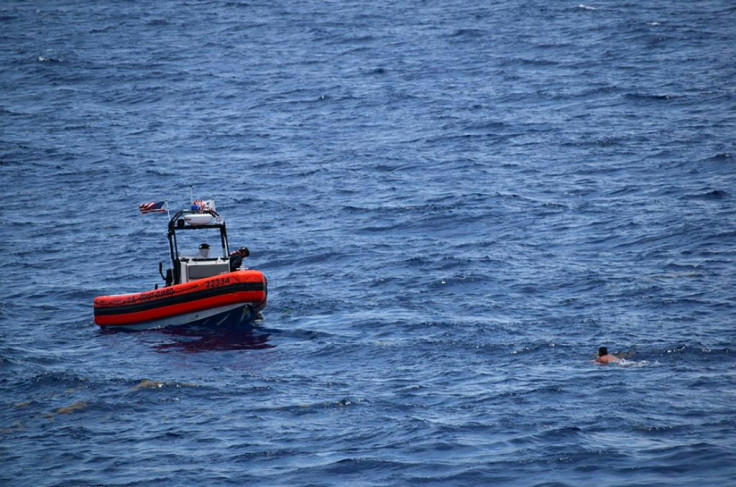
Over 140 Cubans have died so far this year while trying to reach the United States in precarious rifts, according to a new report by the International Organization for Migration (OIM), which is warning against taking such journeys due to their peril.
"They use homemade boats that they build with materials available in their neighborhoods or homes," Edwin Viales, regional monitor for the Americas of the Missing Migrants Project, told El País.
"These are obviously not designed for overseas crossings, which makes them even more vulnerable. In this specific case, the main risk is drowning, according to reports." Viales added that given the precarious nature of the boats, migrants are also at risk of "going off course or being victims of what is known as an invisible shipwreck, which is a sinking event at the sea that occurs without their families, civil or military authorities, the media or others knowing that this event has occurred." He also explained that migrants can also be captured at sea by groups dedicated to human trafficking.
The IOM released figures showing that this year has been worse for migrants trying to cross the Caribbean, with 291 people reported dead or missing on maritime routes, an 18% increase compared to 2023.
The Cuba-Miami route is considered the most perilous one, but people continue to take it as the country's economic crisis continues to spiral. A recent study published by the Cuban Observatory of Human Rights (OCDH) and titled "The State of Social Rights in Cuba," indicates that 89% of the population will end the year living in extreme poverty.
More granularly, 86% of Cuban households exist on the margins of survival, with 61% unable to afford basic necessities.
The OCDH conducted interviews with over 1,000 adults across 78 municipalities, revealing that 72% of respondents consider the food crisis the most pressing issue. A significant portion of the population, particularly those over 70, struggle to afford or access sufficient food. Moreover, only 15% of Cubans regularly eat three meals a day.
The study also points to blackouts, high living costs, low wages, corruption, and deteriorating public health as major concerns.
Public dissatisfaction with the government's economic and social management is at an all-time high, with 91% of respondents giving such an answer and 4% viewing it favorably. The depreciation of the Cuban peso and high unemployment, with 12% of respondents jobless and 69% of them unemployed for over a year, further compound the crisis.
This economic decline has led to a significant exodus, with the Cuban population decreasing by 18% over the past three years, according to a study by a local demographer.
© 2025 Latin Times. All rights reserved. Do not reproduce without permission.





